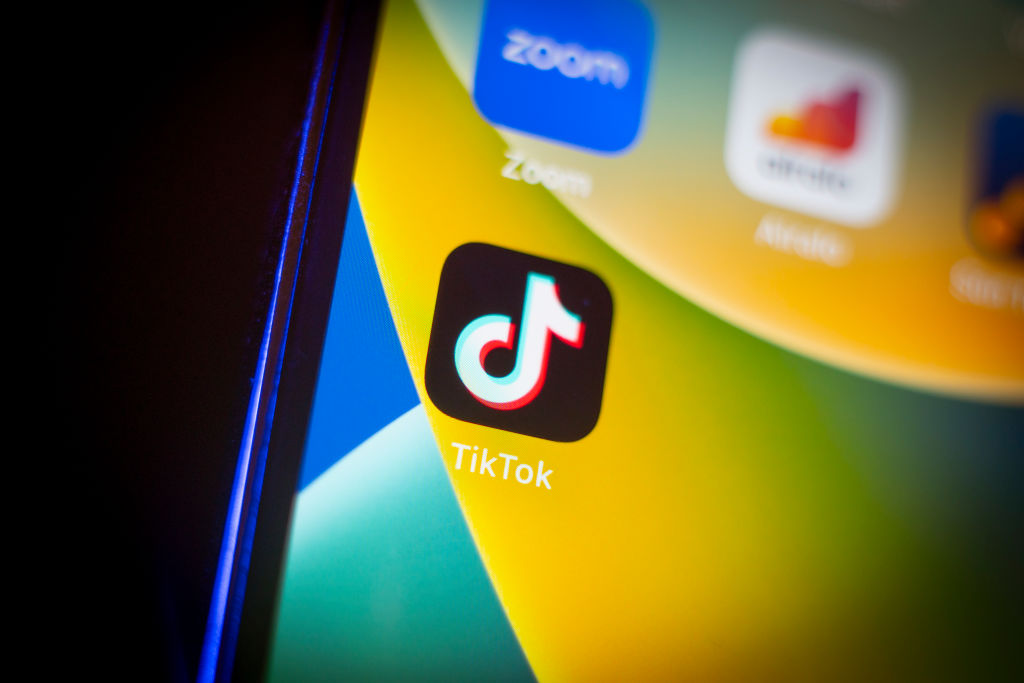The U.S. government is once again attempting to ban TikTok, a popular social media app that has become a significant part of American culture since its launch in 2016. The app, created by Chinese parent company ByteDance, has been a platform for millions of Americans to communicate, express themselves, and even make a living. However, lawmakers claim that TikTok poses national security risks due to data privacy concerns, leading to the recent bill passed by the U.S. House of Representatives to force ByteDance to sell TikTok or face a ban on American phones.
Despite being framed as a forced divestiture on national security grounds, many believe that the government’s true intention is to outright ban TikTok. Texas Rep. Dan Crenshaw openly stated that the goal is to ban the app, rather than addressing the underlying data privacy issues that lawmakers claim to be concerned about. A ban on TikTok would not only impact the app’s millions of users but also further isolate the U.S. from the global internet community, hindering communication and connections with the rest of the world.
This is not the first time the U.S. government has attempted to ban TikTok. In 2021, former President Donald Trump issued an executive order to ban the app, which was halted in federal court due to concerns about the order being “arbitrary and capricious” and failing to consider alternative solutions. Despite claims of national security threats posed by TikTok, some judges have found the concerns to be hypothetical rather than concrete, raising questions about the necessity of a ban.
The potential ban on TikTok raises concerns about free speech rights for Americans who rely on the app as a platform for self-expression and communication. For many, TikTok has become an essential part of their daily lives, and a ban would severely limit their ability to connect with others and share their voices. Additionally, the ban would have broader implications for the global internet landscape, further fragmenting communication channels and isolating the U.S. from the rest of the world.
As the debate over TikTok continues, it remains to be seen how the government will proceed with efforts to ban the app. While concerns about data privacy and national security are valid, the potential impact on free speech rights and global connectivity must also be taken into account. Ultimately, the decision to ban TikTok will have far-reaching consequences for millions of users and could shape the future of social media and internet regulation in the U.S.









